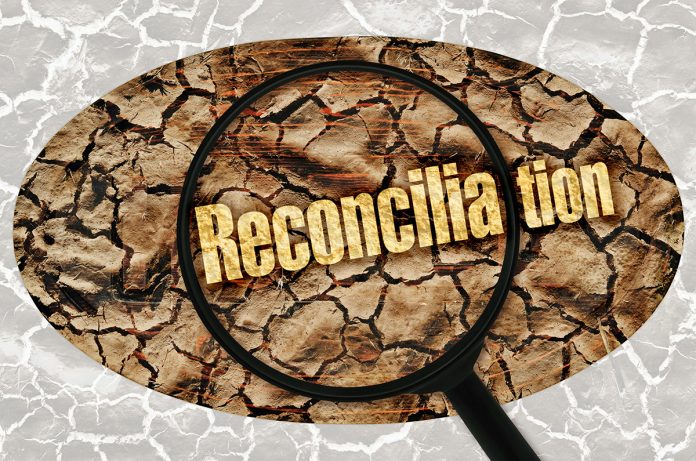Dawn Zinga, Associate Professor and Chair at the Department of Child and Youth Studies at Brock University explores reconciliation in a higher education context, by detailing the tensions and challenges in this area
In August 2017, I wrote about how Canadian institutes of higher education were taking up the Truth and Reconciliation Commission’s calls to action. Almost a year later, higher education contexts continue to face tensions and challenges in addressing those calls to action. There has been much talk of how to address the calls and some policy changes, but it is clear that there are a lot of tensions and challenges around the implementation of any changes. Lakehead University offers an example of how those tensions and challenges can be expressed. The university’s response to Recommendation 28 was to ensure that all law students were provided with opportunities to better understand Indigenous peoples and the law by weaving Indigenous content throughout the law curriculum. However, in practice, there appear to be challenged with the implementation of significant changes. Angelique EagleWoman was hired by Lakehead University as the first female Indigenous law school dean in 2016 but resigned citing systemic discrimination and racism in 2018. This unfortunate situation underscores the difference between a surface response to the calls to action and meaningful action.
Universities and colleges are struggling to address the calls to action and to understand what reconciliation means. Indigenous scholars Marie Battiste, Jan Hare, Jackie Ottman and Dwayne Donald spoke eloquently at the 2018 Congress of the Humanities and Social Sciences about reconciliation within a higher education context. Each of them remained committed to the conviction expressed by the Commission that education will be pivotal in putting Canada on the road to reconciliation. Battiste spoke about the importance of decolonising and how everyone has been “marinated in Eurocentrism” and that the tenets of Eurocentrism that are characterised by superiority, hegemony and a monopoly over all other knowledge systems, stand in the way of reconciliation. Battiste speaks about cognitive imperialism and how every Canadian student has been a victim and beneficiary of the same education system that has exposed them in Eurocentrism and cognitive imperialism. These act as some of the greatest barriers to reconciliation and the serve to blind people to the colonialism embedded throughout education at all levels.
Dwayne Donald agrees that it is difficult to accomplish much when the very institution that claims to want to take steps towards reconciliation gets in the way when tensions arise. He argues that part of the problem is the tendency within higher education contexts to take shortcuts by attempting to make changes without examining the embedded colonialism. When change is implemented in those contexts, tensions quickly rise and the response to those tensions is to reassert “colonial terrain”.
Jackie Ottman also spoke to the hidden curriculum and unconscious codes that are triggered by attempts to meaningfully address the TRC. She stated that while the Royal Commission on Aboriginal Peoples issued its report in October 1996 and offered over 400 recommendations, the TRC’s 94 calls to action has engendered a more lasting response. However, she warns that the weight of addressing those calls to action within higher education contexts could not be left to Indigenous students and scholars to do all the heavy lifting, but that non-indigenous students and scholars needed to walk alongside and share the weight and the work. Jan Hare agreed with her colleagues and calls for a continued commitment to reconciliation that is grounded in an understanding of everyone’s roles and responsibilities.
The conundrum facing higher education is how to proceed to address the calls when institutions are having difficulty being able to recognise how the very structures of the institutions are getting in the way. Most institutions are implementing policies and directives, but not doing the hard work of exploring what it will mean to actually implement those policies and directives. The end result is window dressing without any meaningful change or a resurgence of colonialism and a return to the status quo that hides behind claims of cultural inclusion or returns to pathologising Indigenous students and scholars.
Reconciliation requires an examination and understanding of what has happened and how current structures, systems and attitudes/biases that are conscious or unconscious continue to uphold colonialism and Eurocentrism. University mission statements can include commitments to Indigenisation but without a meaningful examination of what that term means and an appreciation that decolonisation is the first step and that such commitments will fail to produce any significant change, other than putting a new face on a continued inability to engage in reconciliation.
Please note: this is a commercial profile
Dawn Zinga
Professor
Department of Child and Youth Studies Brock University
Tel: +1 905 688 5550 ext. 3152
https://brocku.ca/social-sciences/departments-and-centres/child-and-youth-stu











